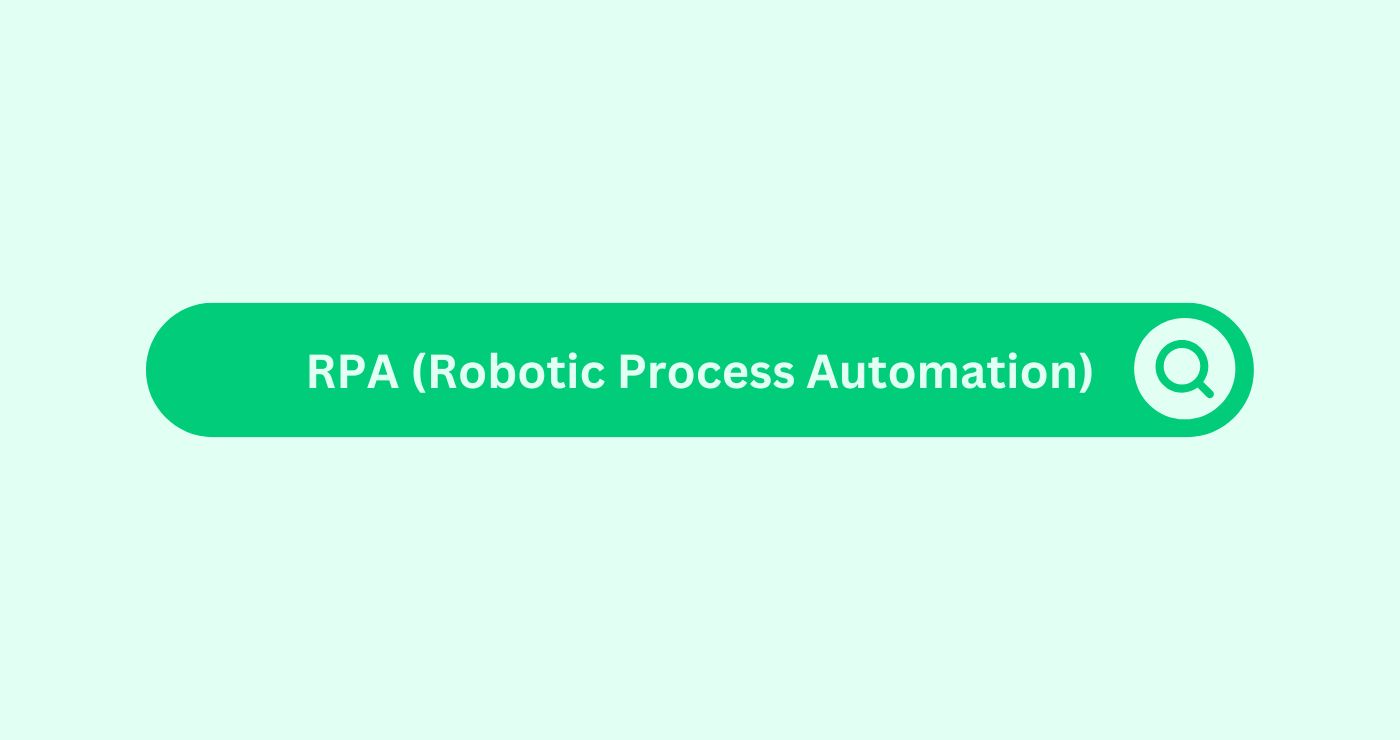Definition
Robotic Process Automation (RPA) refers to the deploymentDefinition Deployment is the release of software updates and... of software botsDefinition Bots, or robots in SEO, are automated software th... to carry out repetitive, rule-based digital tasks without human involvement. Within content marketingDefinition Content marketing strategically creates and share..., RPA enhances efficiency by automating tasks like keyword clusteringDefinition Keyword clustering involves the categorization of..., campaignDefinition An SEO campaign involves focused, Organised effor... scheduling, social mediaWhat is Social Media? Social media refers to online platform... posting, and report generation.
For example, a digital marketing agency Auckland can deploy RPA tools to scrape competitor blogs, compile trending headlines, and schedule content across platforms in sync with high-traffic hours. RPA does not require AI learning models—it strictly follows pre-set instructions—but when integrated with AI, it becomes a powerful tool for scaling operations.
Performance marketing agencies utilise RPA to cut turnaround times and eliminate manual errors when compiling PPC reports or importing leadDefinition A Lead in the context of SEO refers to a potentia... data into CRMs. It also supports high-volume content deploymentDefinition Deployment is the release of software updates and... where human input adds little value. Combined with human creativity, RPA builds a bridge between strategy and flawless execution.
Example Use Case
An SEO company manages several client blogs and struggles with manual on-page audits. With RPA, they deploy a bot that checks meta tagsDefinition Meta tags are crucial in social media marketing t..., identifies missing alt attributes, and pulls keyword densityDefinition Keyword density refers to the percentage of times... reports for each page. The system automatically flags anomalies, compiles a weekly SEO compliance sheet, and sends it via email every Monday.
This automation not only saves 20+ work hours a week but also enables marketers to concentrate on high-impact creative decisions. RPA transforms tedious audits into seamless workflows, improving both speed and output accuracy.
Formula & Calculation
| Metric | Value | Unit |
|---|---|---|
| Manual hours saved/month | 40 | hours |
| Average hourly rate | NZD 35 | per hour |
| RPA bot licence/month | NZD 600 | fixed |
Cost Savings Formula:
javaCopyEditNet Monthly Savings = (Manual hours × Rate) – RPA Cost
= (40 × 35) – 600
= 1400 – 600
= NZD 800
Hence, the company gains NZD 800 in net productivity benefits each month from one RPA implementation.
5 Key Takeaways
- RPA streamlines content-related tasks like data extraction and metadata audits.
- It allows SEO professionals to automate time-consuming, rule-based processes.
- Enhances agency productivity by removing redundant steps in campaignDefinition An SEO campaign involves focused, Organised effor... management.
- Enables faster response times in performance marketing adjustments.
- Integrates with digital tools without altering existing workflows or platforms.
FAQs
What tasks can RPA perform in content marketing?
It automates content tagging, scheduling, analyticsDefinition In SEO, analytics involves collecting, measuring,... report generation, and even image compressionDefinition Image compression refers to the process of reduci....
Is RPA suitable for small marketing agencies?
Yes. Low-code RPA tools provide affordable automation with minimal setup for smaller teams.
How does RPA differ from AI in content marketing?
RPA follows set rules without learning; AI learns from data. Together, they amplify output quality.
Can RPA help improve SEO strategy?
Certainly. RPA audits, keyword tracking, and bulk updates make SEO workflows faster and cleaner.
How long does it take to implement an RPA solution?
Setup can take from a few days to a fortnight depending on the process complexity and tool selection.




